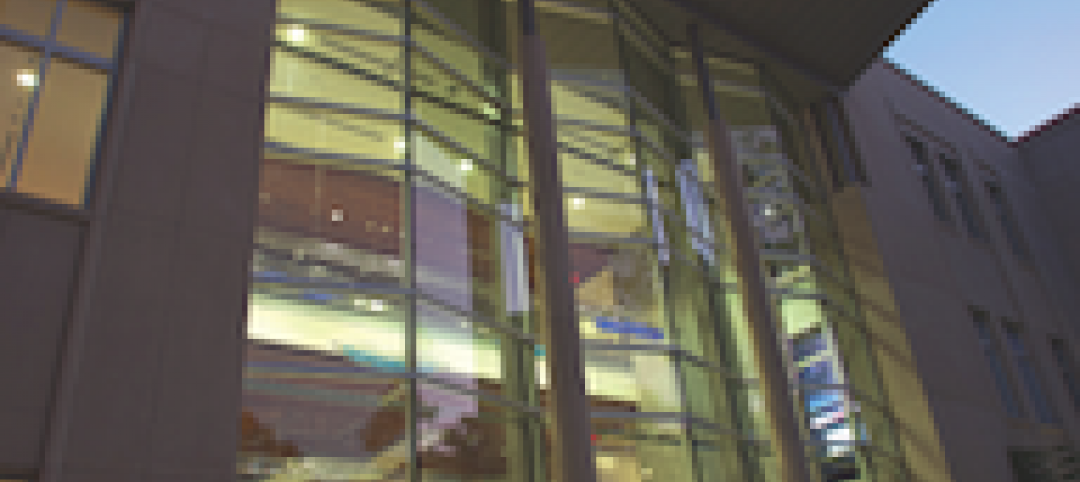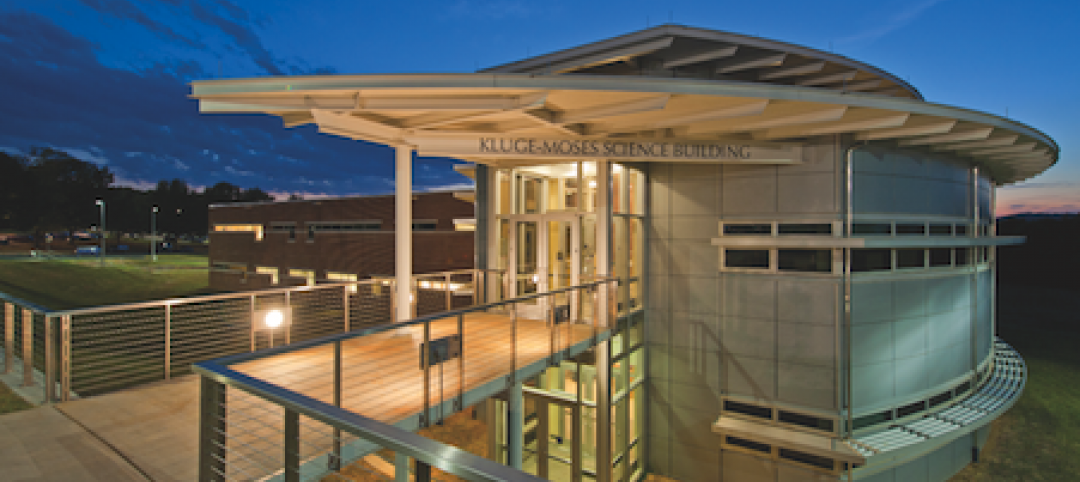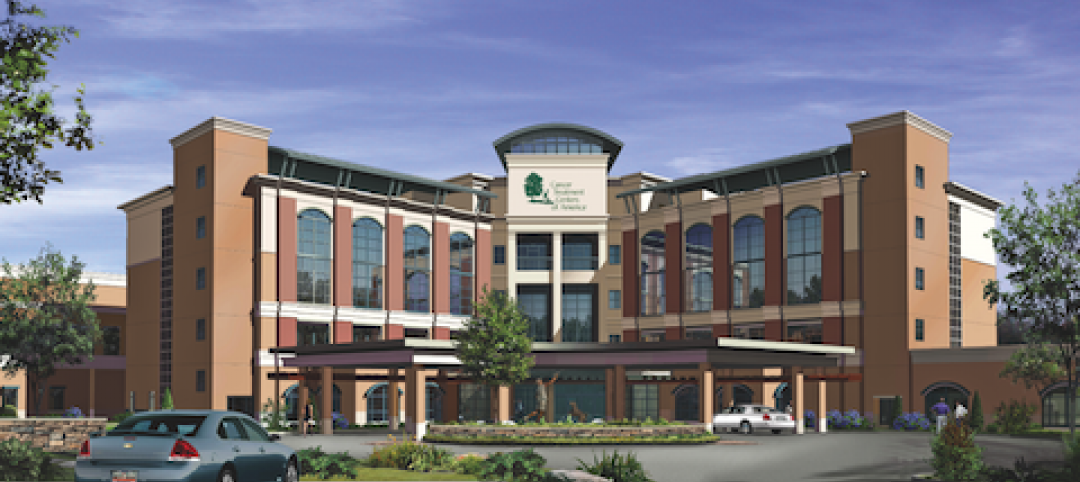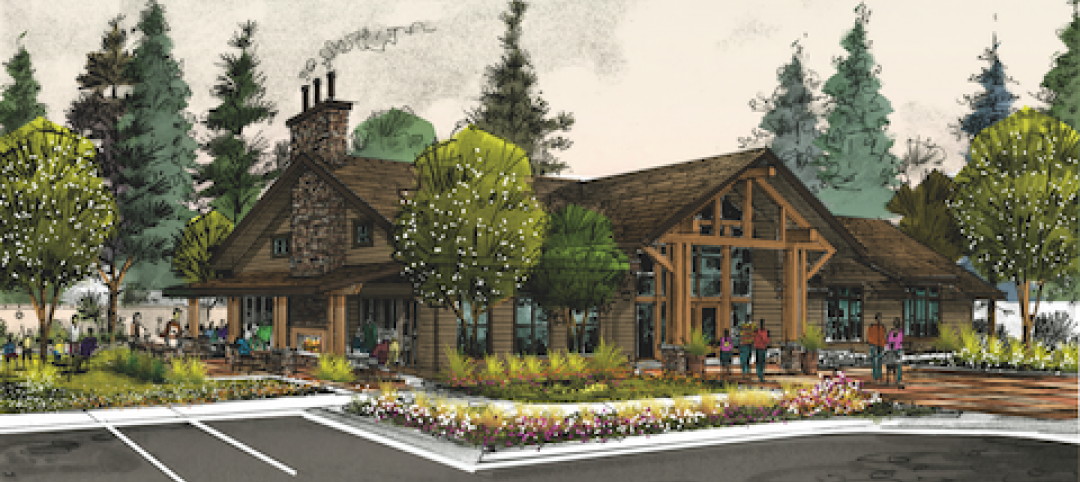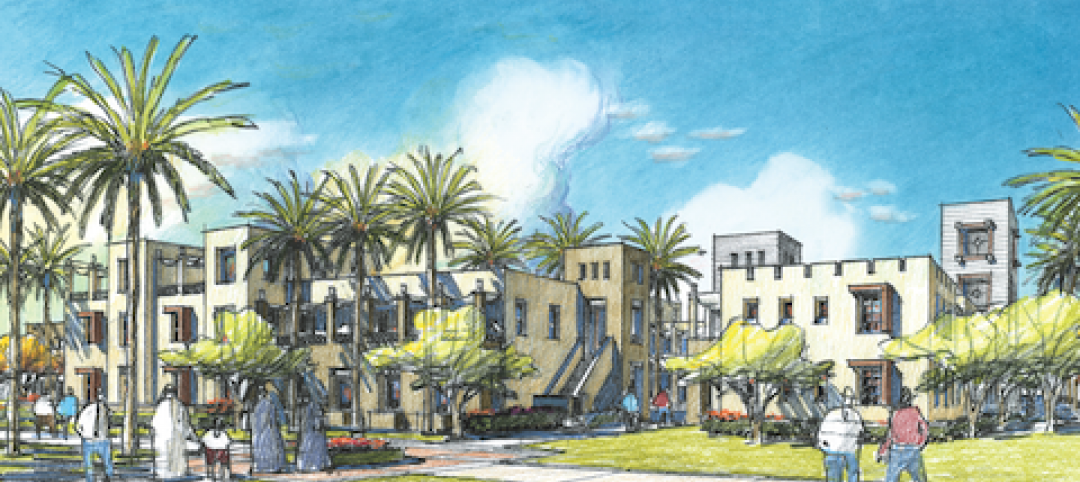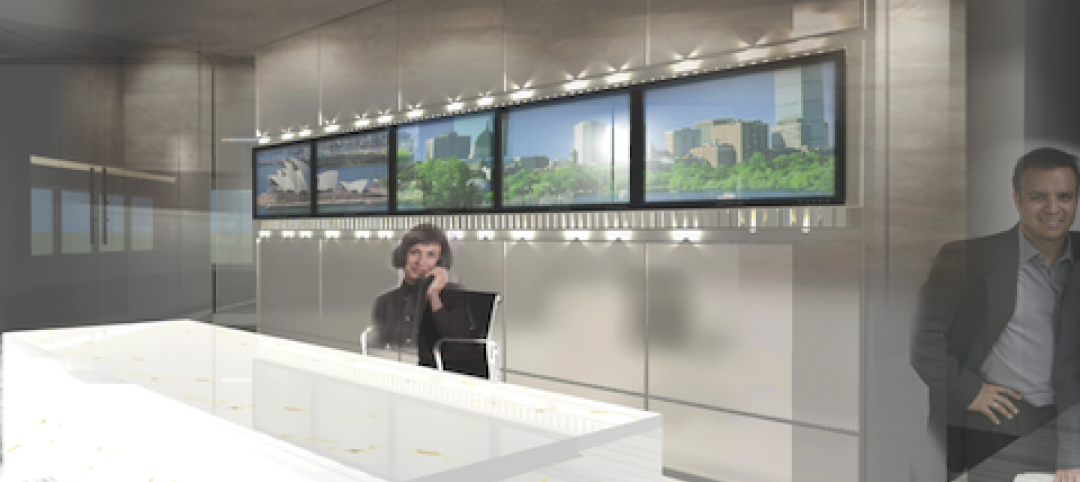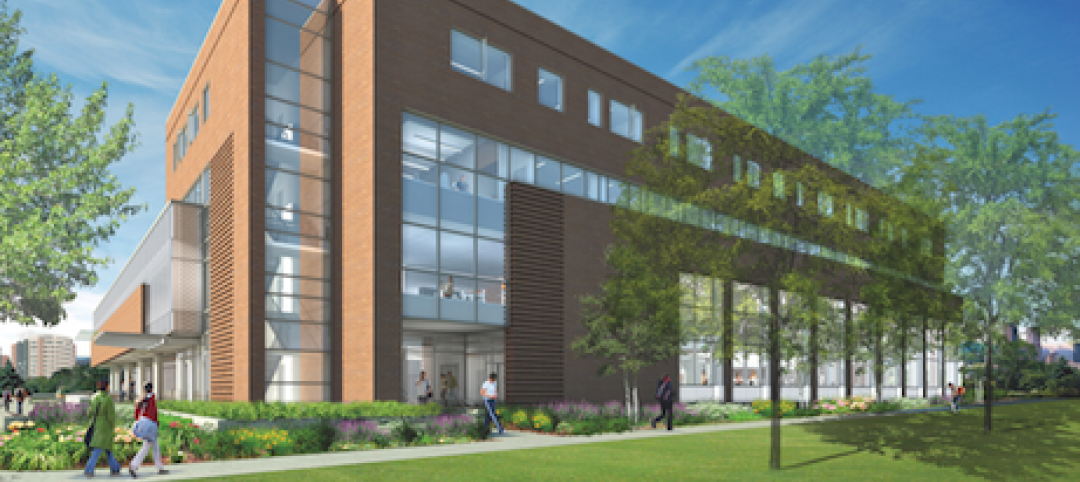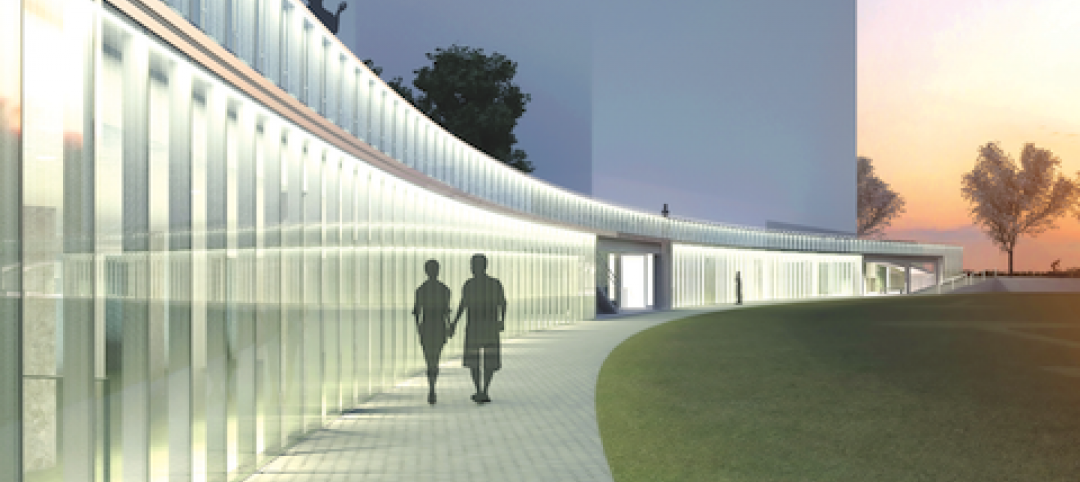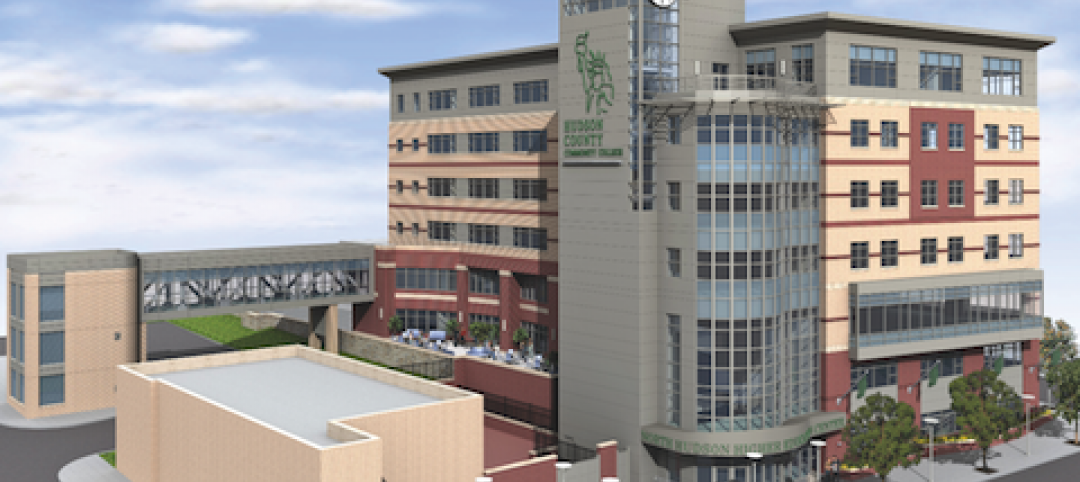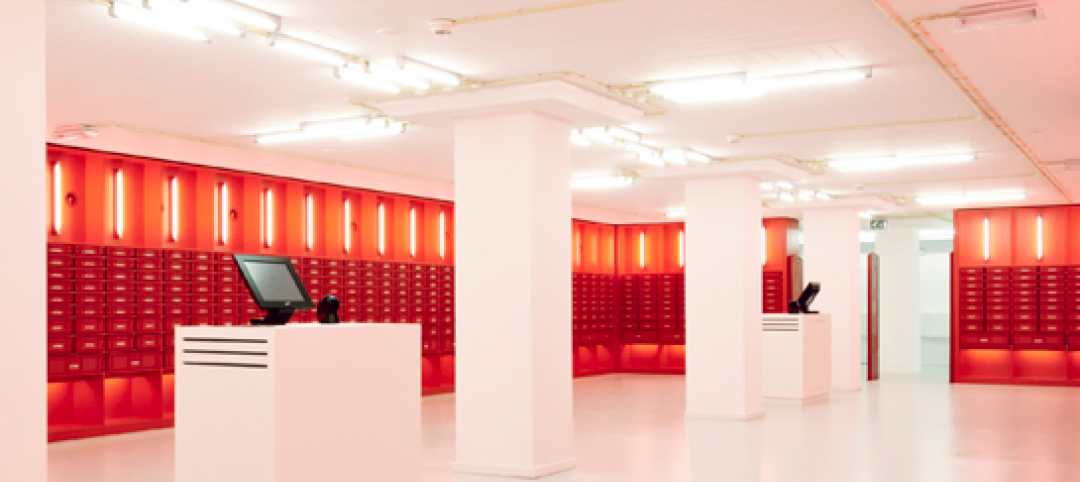The Affordable Housing Design Leadership Institute and Klyde Warren Park have been selected as the 2018 recipients of the Collaborative Achievement Award, which recognizes and encourages distinguished achievements of allied professionals, clients, organizations, architect teams, knowledge communities, and others who have had a beneficial influence on or advanced the architectural profession. The recipients will be honored at the AIA Conference on Architecture 2018 in New York City.
Affordable Housing Design Leadership Institute funded by Enterprise Community Partners
 Photo: Michael Walmsley
Photo: Michael Walmsley
For nearly a decade, the Affordable Housing Design Leadership Institute (AHDLI) funded by Enterprise Community Partners, has been a quiet but powerful force shaping social impact design. Modeled on the Mayors’ Institute on City Design, it assembles development and design leaders to focus on the ways in which architecture can produce more livable and sustainable housing for low- and middle-income people across the United States. During its short life, the institute has had a profound effect on the affordable housing ecosystem and has cultivated partnerships with more than 70 nonprofit and community groups in several communities.
Whether it’s improving four-unit historic buildings that serve a primarily refugee neighborhood in Buffalo, New York, or single-family homes for 300 Native American families in Arizona, the AHDLI process begins with a two-and-a-half-day charrette bolstered by a rigorous design curriculum. In that short time, the institute can radically alter the trajectory of development projects while equipping a new class of leaders with the tools to champion design excellence. Surveys have shown that as a result of AHDLI participation the vast majority of participants work more effectively with designers, address design much earlier in the development process, and ask more of their architect.
AHDLI, founded by Katie Swenson, Lawrence Scarpa and Maurice Cox, is the embodiment of what can happen when architects are fully engaged with leaders from outside the profession. Participants often become instant advocates, and the resulting innovative collaborations directly benefit people and communities in need.
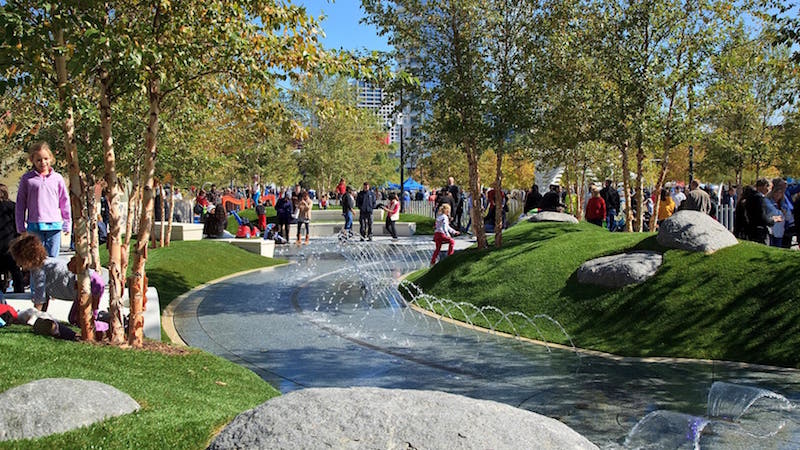 Photo: Dillon Diers Photography.
Photo: Dillon Diers Photography.
Klyde Warren Park healed a rift in Dallas where a freeway once divided two vital sections of the city, overcoming an obstacle that many residents feared was permanent. The park, completed in 2012, required significant funding and buy-in from the public and private sectors, but the efforts resulted in 5 acres of activated, world-class green space that has redefined the city and its self-image.
Designed by The Office of James Burnett, Klyde Warren Park is perched above Spur 366 and caps what was once a high-speed concrete canyon. A feat of engineering, the park’s deck was constructed with more than 300 concrete beams and slabs, a combination that creates trenches that play the role of planting boxes for 37 native plant species and more than 300 trees. LEED Gold–certified, the park relies on a number of practical sustainable strategies resulting in a 40 percent reduction in potable water use. Its trees intercept nearly 25,000 gallons of stormwater runoff and sequester approximately 18,500 pounds of carbon dioxide annually.
Recent studies have shown that the urban oasis has improved the quality of life for more than 90 percent of Dallasites, and has generated more than $1 billion in new development within a quarter-mile radius since the project was announced in 2009. Further bolstering the city’s Arts District, the park abuts the Renzo Piano–designed Nasher Sculpture Center and the Dallas Museum of Art. The entire district saw its economic impact triple, due in large part to a significant increase in street activity since Klyde Warren Park’s completion.
The $97 million project was funded through a combination of city bond, state highway, and federal stimulus funds as well as $55 million in private donations. The project is now managed by the Woodall Rodgers Park Foundation, a nonprofit organization that helped secure early funding for feasibility studies and maintained its momentum during the depths of the Great Recession.
The jury for the 2018 Collaborative Achievement Award includes: Rik Master, FAIA (Chair), USG Corporation; Patrick Burke, FAIA, Columbia University; Lindsey Graff, Assoc. AIA, Ayers Saint Gross Architects; Libby Haslam, AIA, GSBS Architects; and R. Steven Lewis, FAIA, TRC Energy Services.
Related Stories
| Oct 13, 2010
Campus building gives students a taste of the business world
William R. Hough Hall is the new home of the Warrington College of Business Administration at the University of Florida in Gainesville. The $17.6 million, 70,000-sf building gives students access to the latest technology, including a lab that simulates the stock exchange.
| Oct 13, 2010
Science building supports enrollment increases
The new Kluge-Moses Science Building at Piedmont Virginia Community College, in Charlottesville, is part of a campus update designed and managed by the Lukmire Partnership. The 34,000-sf building is designed to be both a focal point of the college and a recruitment mechanism to get more students enrolling in healthcare programs.
| Oct 13, 2010
Cancer hospital plans fifth treatment center
Construction is set to start in December on the new Cancer Treatment Centers of America’s $55 million hospital in Newnan, Ga. The 225,000-sf facility will have 25 universal inpatient beds, two linear accelerator vaults, an HDR/Brachy therapy vault, and a radiology and imaging unit.
| Oct 13, 2010
Apartment complex will offer affordable green housing
Urban Housing Communities, KTGY Group, and the City of Big Bear Lake (Calif.) Improvement Agency are collaborating on The Crossings at Big Bear Lake, the first apartment complex in the city to offer residents affordable, eco-friendly homes. KTGY designed 28 two-bedroom, two-story townhomes and 14 three-bedroom, single-story flats, averaging 1,100 sf each.
| Oct 13, 2010
Residences bring students, faculty together in the Middle East
A new residence complex is in design for United Arab Emirates University in Al Ain, UAE, near Abu Dhabi. Plans for the 120-acre mixed-use development include 710 clustered townhomes and apartments for students and faculty and common areas for community activities.
| Oct 13, 2010
HQ renovations aim for modern look
Gerner Kronick + Valcarcel Architects’ renovations to the Commonwealth Bank of Australia’s New York City headquarters will feature a reworked reception lobby with back-painted glass, silk-screened logos, and a video wall.
| Oct 13, 2010
New health center to focus on education and awareness
Construction is getting pumped up at the new Anschutz Health and Wellness Center at the University of Colorado, Denver. The four-story, 94,000-sf building will focus on healthy lifestyles and disease prevention.
| Oct 13, 2010
Community center under way in NYC seeks LEED Platinum
A curving, 550-foot-long glass arcade dubbed the “Wall of Light” is the standout architectural and sustainable feature of the Battery Park City Community Center, a 60,000-sf complex located in a two-tower residential Lower Manhattan complex. Hanrahan Meyers Architects designed the glass arcade to act as a passive energy system, bringing natural light into all interior spaces.
| Oct 13, 2010
Community college plans new campus building
Construction is moving along on Hudson County Community College’s North Hudson Campus Center in Union City, N.J. The seven-story, 92,000-sf building will be the first higher education facility in the city.
| Oct 13, 2010
Bookworms in Silver Spring getting new library
The residents of Silver Spring, Md., will soon have a new 112,000-sf library. The project is aiming for LEED Silver certification.


